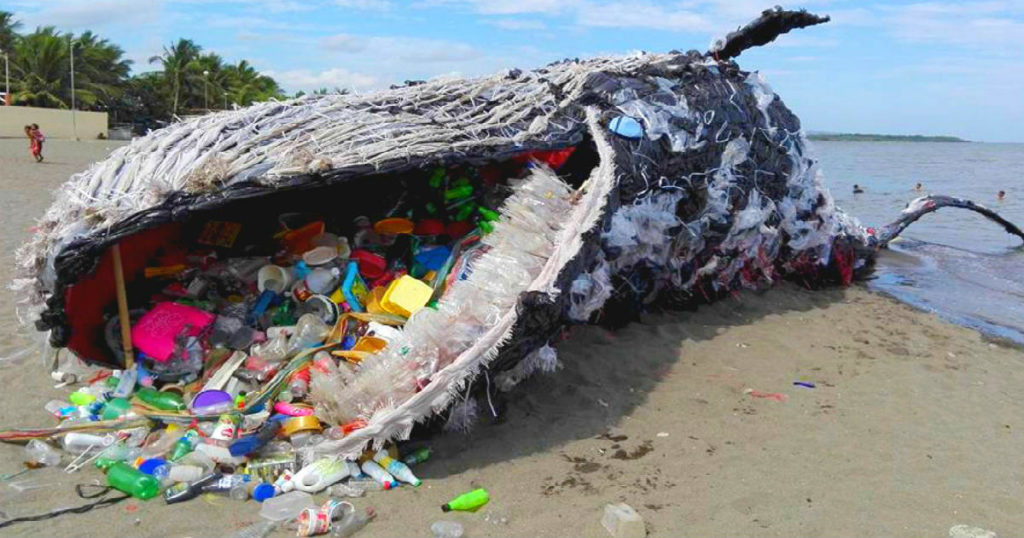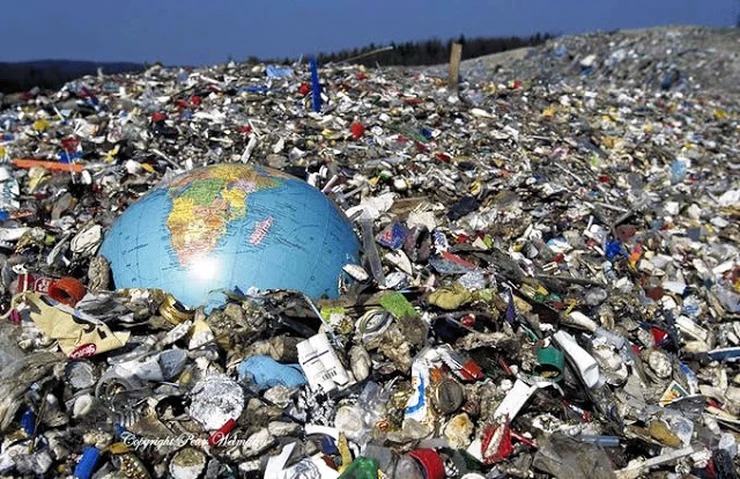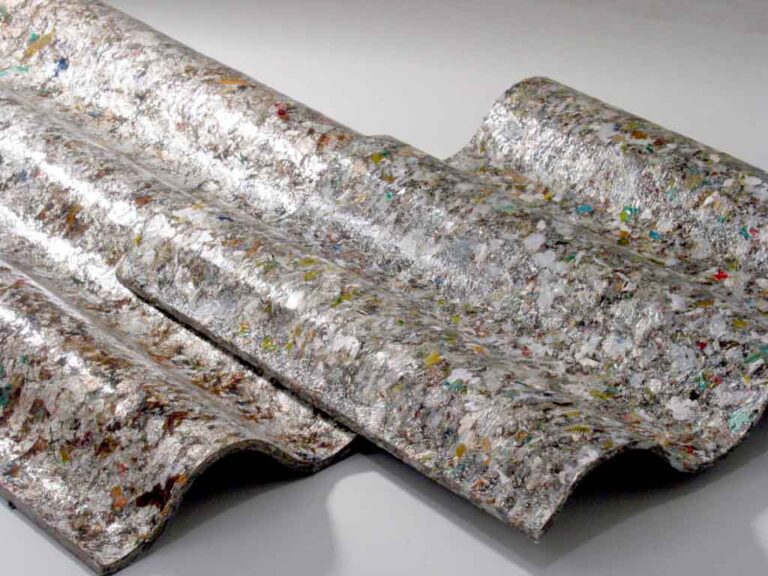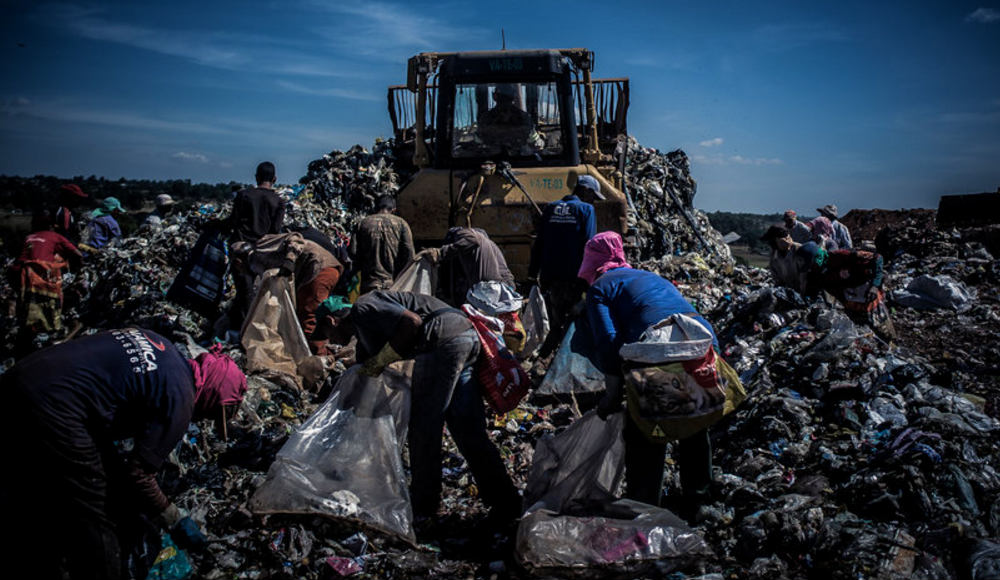Environment Committee Approves End to Single-Use Plastics: What Does This Mean for the Future?In recent years, the environmental impact of single-use plastics has been a growing concern worldwide. The recent approval by the Federal Senate of the Environment Committee (CMA) of the bill that provides for the gradual end of single-use plastics represents a significant step in the fight against plastic pollution.
In this post, we will explore the importance of this decision, the details of the approved project and how it may impact our future.

The Current Context: The Challenge of Disposable Plastics
Disposable plastics and their impacts
Single-use plastics have become a global environmental problem. Widely used in everyday items such as plates, cups, trays and cutlery, these plastics not only contribute to visual pollution but also to the contamination of oceans and ecosystems. The negative impact is evident in phenomena such as the “plastic soup” in the oceans, where accumulated plastics affect marine life and aquatic ecosystems.
Legislation and its implementation
Since 1998, Brazil has had legislation prohibiting the disposal of waste in landfills. However, to date, this law has not been effectively implemented. In 2010, the National Solid Waste Policy was enacted, but the presence of landfills still persists. The recent approval of the CMA on the end of single-use plastics appears as a new attempt to address these challenges.
The Bill and Its Details
What does the project foresee?
The bill (PLS 92/2018), approved by the Environment Committee, establishes a gradual removal of plastics from the composition of disposable utensils. The objective is to replace plastic with biodegradable materials in items used to package ready-to-eat foods. The proposed schedule is as follows:
- 2 years: 20% of the utensils must be replaced.
- 4 years: 50% of the utensils must be replaced.
- 6 years: 60% of the utensils must be replaced.
- 8 years: 80% of the utensils must be replaced.
- 10 years: End of disposable plastics, with total replacement by biodegradable materials.
Justification of the proposal
The author of the bill, Rose de Freitas (PMDB-ES), highlighted that many disposable items end up in bodies of water, compromising the ecological balance and generating serious pollution problems. The presence of microplastics in water is a growing concern, demonstrating the ineffectiveness of conventional water treatment systems in removing this waste.
The Rapporteur's Opinion and the Economic Impacts
Environmental and economic damage
The bill's rapporteur, Senator José Medeiros (Pode-MT), emphasized the various negative impacts associated with plastic. According to him, the extraction and refining of petroleum, the raw material for plastics, results in several environmental problems, such as:
- Excessive consumption of water and energy.
- Generation of large quantities of liquid and solid waste that are difficult to treat.
- Emission of harmful gases into the atmosphere.
- Oil spills in marine environments.
Medeiros also highlighted the long degradation time of plastics, which can take hundreds of years, reducing the useful life of landfills and generating serious economic consequences.
Economic and environmental consequences
The gradual replacement of single-use plastics with biodegradable materials can help mitigate these problems, but the success of this transition will depend on the effective implementation and adaptation of the productive and consumer sectors.
The Reaction of Society and Environmentalists
The role of civil society
The CMA’s approval of the project reflects pressure from civil society and environmental organizations such as Greenpeace, which have been promoting protests and campaigns to raise awareness about plastic pollution. The image of the plastic whale, for example, symbolizes the urgency of the situation and the need for immediate action.
The support of environmentalists
Environmentalists are celebrating the law’s passage, but remain vigilant about its effective implementation. The transition to biodegradable materials represents a significant step forward, but it will be crucial to monitor progress and ensure that the replacement of plastic is done effectively and sustainably.
What You Can Do to Contribute
Adopt sustainable practices
While we wait for the new regulations to be implemented, there are several actions you can take to help reduce the impacts of single-use plastics:
- Reduce the use of plastics: Opt for reusable alternatives whenever possible.
- Participate in recycling programs: Separate your waste properly and support recycling initiatives.
- Educate and inspire others: Share information about the impacts of plastics and encourage friends and family to adopt sustainable practices.
The importance of awareness
Raising awareness is key to ensuring that the changes proposed by the bill are effective. By adopting sustainable practices and educating others, you can contribute to creating a greener, healthier future.
Next Steps and Future Expectations
Next legislative steps
After approval by the Environment Committee, the project will be forwarded to the Economic Affairs Committee (CAE). The analysis and final approval of the project will be crucial for its effective implementation.
Expectations for the future
The successful implementation of the project could mark an important milestone in the fight against plastic pollution. With commitment from all sectors of society and continued collaboration, the end of single-use plastics can become a reality that will bring lasting environmental benefits.
Check out other interesting facts about recycling clicking here.
Learn how to make art by recycling, Click here.



